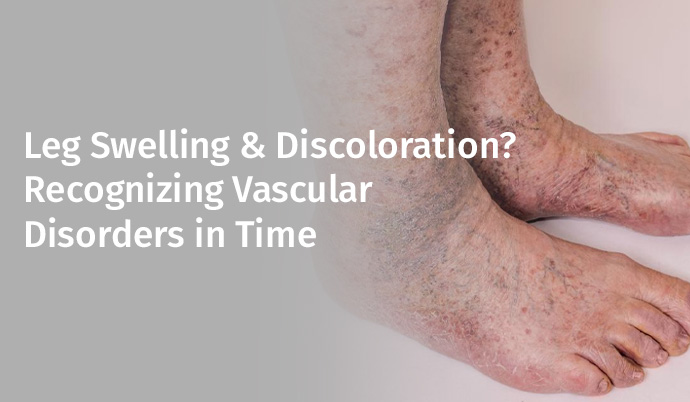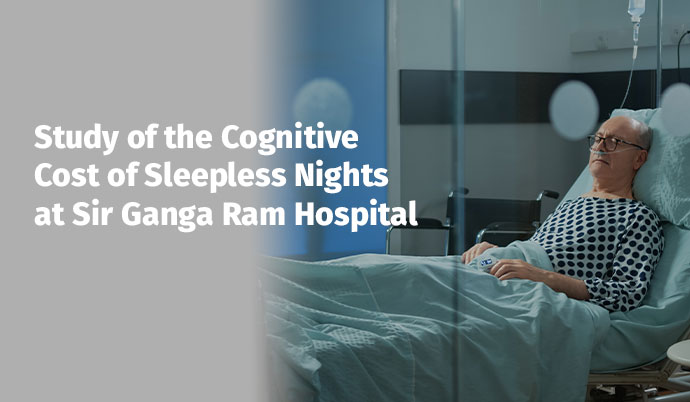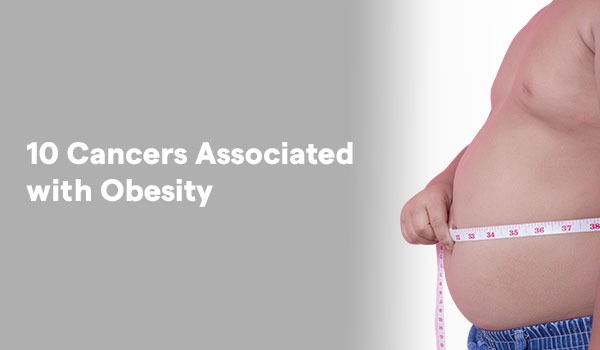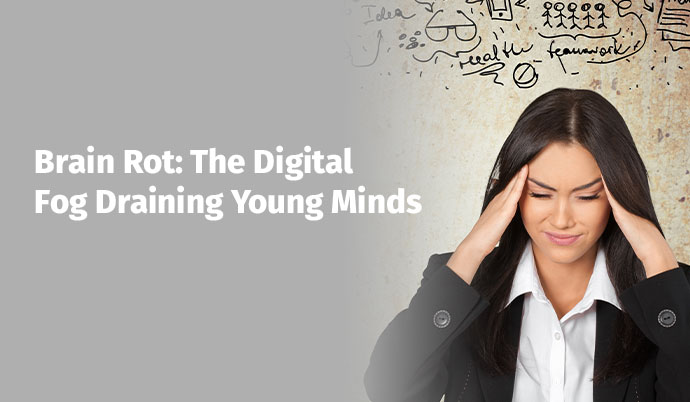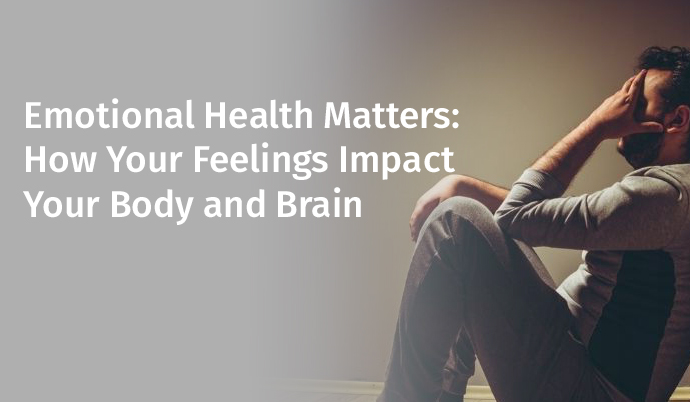
However, what we would like to tell you is the fact that it is not only in your head that you feel this way, but rather in your heart, your stomach, your immune system, and even the way your sleep cycle works. Being emotionally healthy is not a luxury or just a trending hashtag; it is too deeply rooted in your physical health, and it is long overdue that we treat it as such.
World Health Organisation (WHO) reports show that one in every seven Indians suffers from a mental illness like anxiety and depression, and that is only the reported cases. The country has 15% of the mental, neurological, and substance use disorder burden in the world, and emotional health is one of those things that is swept under the carpet because of stigma or ignorance or plain busyness.
But science has always demonstrated something that is very powerful: the connection between your emotional wellbeing and your physical wellbeing. How you feel, emotionally, is what gets to define such factors that are as basic as your immune response and blood pressure, and even the possibility of chronic disease.
Have you ever realised that when you have a stressful day, you have a headache? Or how you feel sick before a big meeting? It is not a coincidence that your brain-body connection is fully there. Stress, depression, anxiety, and even bottled anger all cause a tipping of hormones within the body. The brain displays an indicator to release cortisol, which is the main stressor of the body.
Although occasional amounts are fine with the dealings of short-term issues, constant emotional distress causes too much cortisol to remain in the body, resulting in high blood pressure, a weakened immune system, gastrointestinal imbalances, and even problems with fertility.
The gut, which is commonly referred to as the second brain, is simply affected by emotions. The brain-gut connection is a two-way relationship; bad digestion may lead to a bad mood, and stress and anxiety can cause acidity, bloating, or IBD (Inflammatory Bowel Disease) syndrome.
It is due to this reason that when you are down emotionally, your appetite is altered, or you either gorge on junk food or do not eat at all. When it comes to Indian diets, spices, ghee, and carbohydrates are the prevalent food items, and there is indeed a physical reality to emotional eating in the time of stress, as it may cause actual physical complications of obesity, cholesterol imbalance, and Type 2 diabetes.
Sleep disorder is also associated with emotionally fatigued people. It is not only about looking at the ceiling when you cannot sleep, but instead, it is the brain running on unprocessed emotions. And that is what causes sleep disturbances that not only worsen your mood but also reduce the strength of memory, worsen the reaction speed, make the skin older, and disrupt the metabolic processes. When this mental fatigue goes on, it will start getting reflected in the performance at the workplace, relations, and even your purpose in life, forming a loop of fatigue and stress.
Now, we must be aware of the heart too, no, no, not the filmi one, but the actual, living organ in our chest. Researchers have discovered that depression, as well as chronic stress, has the potential to escalate the chances of heart disease by 64%.
Indeed, a good number of Indian cardiologists are currently studying mental health as one of the areas in the treatment of cardiac conditions, particularly among patients of heart attack or stroke. Suppression of emotions, which is something that is subtly promoted by our culture, may be as harmful as high cholesterol.
But then how do we deal with emotional health in India, where therapy is still considered taboo by some people, and crying is wrongly perceived to lead to weakness?
To overcome this, we must start simple. Admit to your feelings, name them, but do not be ashamed of them. Whatever the case may be, grief, frustration, loneliness or anxiety, the step towards healing is being allowed to feel.
Talk, talk and talk, with a close friend, partner or a therapist. In India, a number of cities have now opened avenues to mental health professionals both online and offline. Online therapy platforms such as iCall, MindPeers and YourDOST have brought anonymity and easy access to therapy.
Do things that root you emotionally, balancing mind and body, yoga, pranayama, journaling, or even mindful cooking. Listening to devotional music, taking oil baths, and sitting in
silence with nature are some of our cultural practices that are highly underrated ways of causing an emotional detoxification.
Eat right, drink water, and make your day tech-free where possible. Go to bed early, and in case you come to have problems, consult a specialist because sleeplessness is not the medal of honour, but the call to the rescue.
Healing the heart and mind is not a mere philosophy but is actually being practised in Sir Ganga Ram Hospital. It is where you can experience therapy not in whispered shame but with pride and power, whether you are stressed, dealing with anxiety, or just feel out of sync with yourself. Emotional wellness is suggested to be an integrated offering at the hospital-facilitated by the professionalisation of the existing psychological therapies, psychiatric consultations, physiotherapy of the physical manifestations that are attributed to stress, and even mindfulness-based care.
Whether you're looking for talk therapy to vent your feelings, need cognitive behavioural therapy (CBT) to change your thought patterns, or require help with psychosomatic problems, you can find the support you need. Skilled practitioners in modern facilities, like those at the Department of Psychiatry at SGRH, can help you feel lighter, calmer, and more in control .As well, when your emotional load has begun beating on the door of your body, you will find support in all disciplines, whether cardiology or gastroenterology, since they will understand that mental health does not exist on its own. It is all interrelated, and Sir Ganga Ram Hospital is able to guarantee that the interconnection is handled in a sensitive and specialised manner.
To sum up, emotions are not the things you should feel weak about; they are cues, and they contain information about what your body and mind require. The more you listen to them, don't ignore them, and take care of them, the happier you will feel, but more importantly, you will take good care of yourself as a whole. Emotional health does not play a secondary role in the account of your health. And it is the narrator, the writer of the text, and the blood pulse of the story. Therefore, next time when someone says, Don’t get so emotional, just smile and say, I would rather be emotional than ill. Since it is in the act of allowing feeling that healing starts. To heal your emotional fatigue and get heard and treated the right way, book an appointment at Sir Ganga Ram Hospital today.

